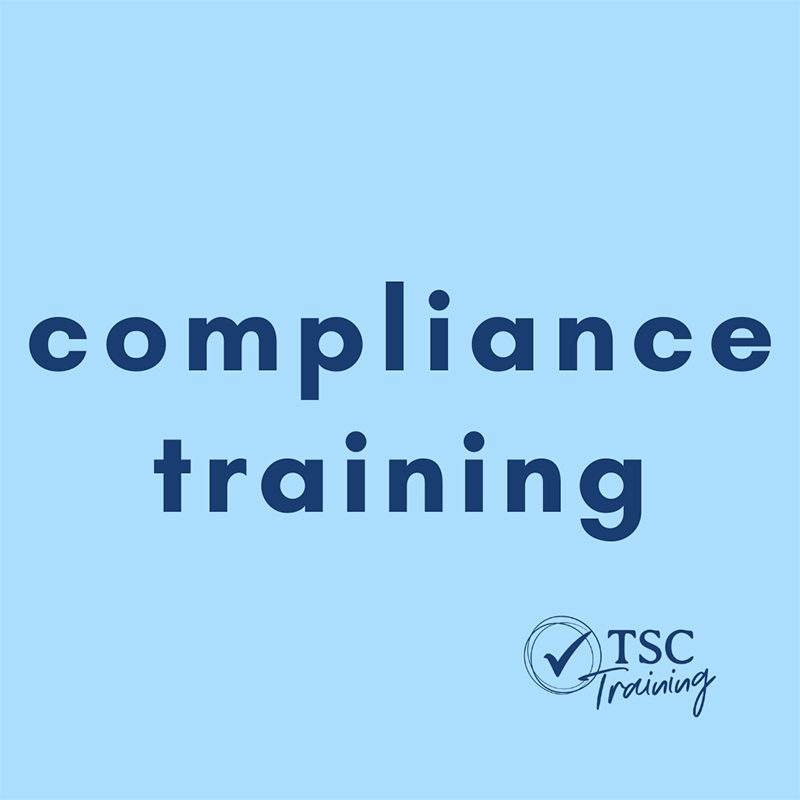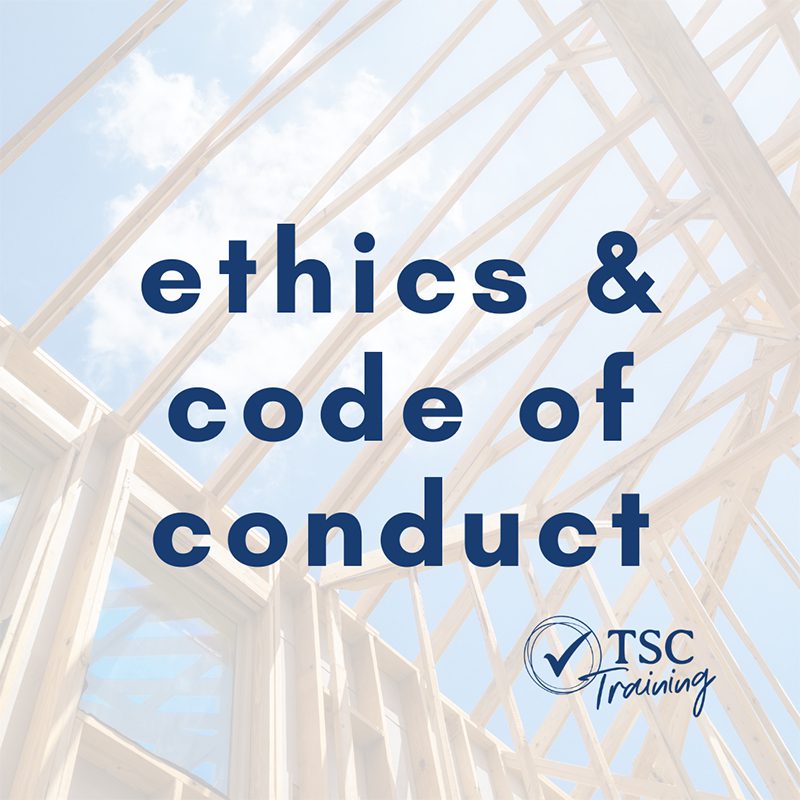
There are numerous recent examples of buildings that can’t be utilised due to safety problems, leaving owners with significant and unforeseen rectification expenditures. As a community, we expect our buildings to be safe, healthy, usable, and sustainably constructed. That’s where a certified residential or commercial building surveyor comes in. In Queensland, this professional role is more commonly referred to as a Building Certifier or Private Certifier.
The Building Surveyor’s role is to ensure that construction projects adhere to nationalised building standards, mandated by our state governments. They safeguard both you and the public by ensuring that your construction work complies with these regulations.
Building certifiers manage the building approval and inspection process of all types of buildings and structures, including residential, public, and commercial. They assess the compliance of building work to ensure all aspects comply with the Building Act 1975 and the National Construction Code, or more commonly called the Building Codes of Australia .
But there is more to a building certifiers duties than meets the eye.
A building surveyor also plays a significant role in the construction industry as a whole by providing advice to architects, designers and builders on upkeep methods, maintaining high safety standards, and offering guidance to builders and contractors, among many other things.
A building surveyor is a specialist professional that examines and monitors construction projects of all sorts to ensure builders adhere to building codes. Here are some more of the responsibilities of a building surveyor:
Building work often needs a building approval to begin construction work. Before granting approval for any work, building surveyors (or construction consultants) are frequently the authorities in charge of making sure the applicant adheres to all applicable building codes, standards and laws. This duty may be carried out by a building surveyor who is engaged to assess and examine the design plans to ascertain whether the proposed construction work complies with several requirements including structural, mechanical, electrical, plumbing/hydraulic , fire safety as well as other specific construction codes and safety standards.
In the process of building certification, a residential or commercial building surveyor must consider numerous building aspects with the applicant, owner and builder by undergoing an assessment of the project. This is done to demonstrate the surveyor examined all necessary aspects before approving the project and documents a ‘reasons for approval’, this document will also most likely have a range of ‘imposed conditions’ that the building certifier has stated are mandatory and must be complied with during the construction work and before occupation can occur.
A building surveyor will be required to complete mandatory inspections, these are visits of a project at various inspections stages throughout construction. For instance, a surveyor must ensure inspections by them, or a competent person, are conducted on a completed foundation excavation area to confirm the correct steel reinforcement and design before contractors pour a concrete slab.
Building surveyors will also inspect work on frames, are completed in accordance with the building permit and confirm they have been erected to comply with the necessary codes and is structurally sound. The building approval, granted at the beginning of a project, by the building surveyor will detail a required inspection schedule which is to be adhered to by the applicant, owner and builder.
The building certifier or their appointed competent persons must complete a final inspection to ensure all codes, standards and requirements and conditions comply before a building can be safely and lawfully occupied.
A building surveyor may determine a structure is non-compliant following an inspection or identify contractors carrying out construction work but not complying with required laws. For example, a builder might have built obstacles around a pool, rendering the barrier non-compliant and providing climbable access by a child into a fenced pool area with a structure filled with water. Another illustration would be a building surveyor finding leaks or cracks because of defective construction materials that don’t meet rigid specifications.
In these circumstances, and especially for issues related to pool safety, obtaining a pool safety certificate in Gold Coast, QLD becomes crucial. A surveyor can impose action notices on the applicable parties for the construction project until such time the parties have shown sufficient adherence to or rectified the issues raised. A building surveyor typically gives the builder or owner specific instructions explaining the steps they must complete before they can resume construction as part of their duty to enforce the codes and standards. To ensure that the building’s structure is secure and safe, this may involve specifying the height at which the pool’s barriers must be and the materials that must be used in its construction.
Some building surveyors may act as consultants, even though many fulfil statutory duties, including ensuring buildings adhere to national regulations and standards. Building surveyors who consult with customers frequently draw on their understanding of building standards and laws to give clients wise counsel on how to carry out their desired construction, restoration, alteration, or demolition work. For instance, a surveyor might meet with a customer and explain how they can best comply with health and safety standards or advise them to react correctly to subpar construction work from an engaged contractor.
Building surveyors who serve as consultants may also check construction projects on behalf of clients and report back to the information on whether the builders are utilising appropriate materials and abiding by applicable building laws. In this role, surveyors may collaborate closely with their clients throughout a project. In this capacity, a building surveyor cannot also undertake the assessment work and provide a building approval for the same project. There are strict Codes of Conducts that Building Surveyors and Certifiers must adhere to nationwide which prohibit both “assisting” and “assessing” as it is seen as a conflict of interest. A Building Surveyor has an obligation to always act in the public best interest.
Whilst in some states there are significant distinctions between Building Surveyors, Building Certifiers and Building Inspectors, in Queensland, the profession and role is referred to as a Building Certifier, in accordance with the Building Act 1975. The industry as a whole is sometimes referred to as the Building Surveying Industry. In almost all other Australian states, the same professional is called a Building Surveyor.
Prior to 1998 all building certification was the responsibility of local government in Queensland. Nowadays it is more common for a Building Certifier to conduct certification privately, via their own businesses. Very few Queensland councils continue to operate building certification divisions. A Private Certifier is simply a Building Certifier who is not a local government building certifier. You can check with QBCC online for information and licence history on all Building Certifiers accredited to conduct certification work in the state of Queensland.
During the certification process, there are several occasions where the applicant, owner or builder may need to interact directly with the building certifier. At TSC Group we invite an open channel of communication and have building certifiers and administrators at the ready to assist where needed.
It is evident that Building Certifiers are essential for ensuring all buildings are structurally sound, energy efficient, building code compliant, suitably constructed and more.
The comprehension and undertaking of the legislative framework which Building Certifiers provide can significantly impact how a building is finalised and ultimately safeguard the health, safety and amenity of the public.
If you are in need of certification work and a building certifier, contact TSC Group today.


Subscribe for helpful updates from TSC Group.
We are currently taking expressions of interest for this product.
Please leave your name and email and will be in touch when this product is available for purchase.